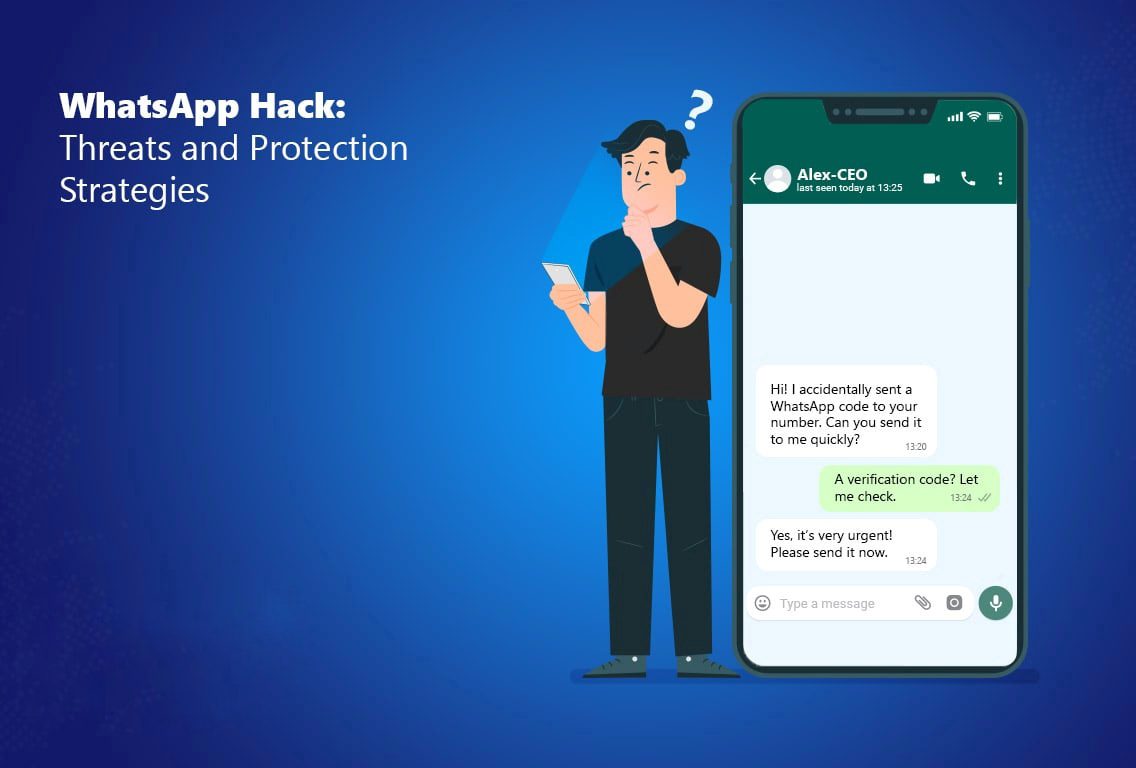
Small retail stores today face tough challenges in managing their cash flow. With limited resources and tight profit margins, it can be hard to pay vendors on time while keeping customers happy.
One popular solution is extended payment terms. This means retailers can stretch out the time to pay suppliers from the usual 30 days to 60 or even 90 days. It might sound strange, but this can help boost cash flow for small stores!
Let’s dive into some of the great benefits of extended payment terms and see how they can help small retailers recall keep their cash flow on track.
Contents
Improved Liquidity
Liquidity is key for managing cash flow. It means a business can quickly turn its assets into cash, making it easier to pay debts and bills.
Small retail stores can boost their liquidity by extending payment terms. This lets them delay payments to suppliers without harming their relationships or credit scores.
Aligning Payments with Revenue
Longer payment terms can help small retailers match their payments with sales. This means they can pay suppliers after making sales and getting paid by customers. Instead of worrying about cash flow between invoices, retailers can use the money from sales to easily cover their costs.
Better Inventory Management
Small retail stores can manage their inventory better with extended payment terms. By delaying payments to suppliers, they have more time to sell and restock products.
This helps retailers keep popular items in stock and avoids overstocking slow-moving products. It also improves cash flow by buying only what they need when they need it.
Reduced Need for External Financing
Extended payment terms help reduce the need for outside loans or credit, which usually add interest costs. This can also lead retailers to look at other options, like supply chain financing.
So, what is supply chain financing? It’s a way where a third-party lender pays the supplier for the retailer. This gives the retailer more time to pay back the debt and improves cash flow for both sides.
Supplier Relationships
Longer payment terms can help build better relationships with suppliers. When small retailers can pay on time without the stress of tight deadlines, suppliers may be more open to offering better prices and terms later. This can ultimately lower costs and boost profits for small retail stores.
Lower Risk of Stockouts
Stockouts happen when small retailers don’t have enough inventory to meet customer demand. This can cost them money because they lose sales and risk damaging their reputation, which can drive away customers over time. By using extended payment terms, retailers can better manage their cash flow and reduce the chances of running out of stock due to money issues.
Enhance Cash Flow in Small Retail Stores with Extended Payment Terms
Extended payment terms might seem odd because they mean waiting longer to pay. But if used wisely, they can help small retail stores with cash flow. They can lead to better money management, help with inventory, and strengthen supplier relationships. This can lower the risk of running out of stock.
If you own a small retail store and want to improve cash flow, think about extending payment terms with your suppliers. Doing this can give you more resources to grow your business and keep your customers happy.
Is this article helpful? Keep reading our blog for more.






